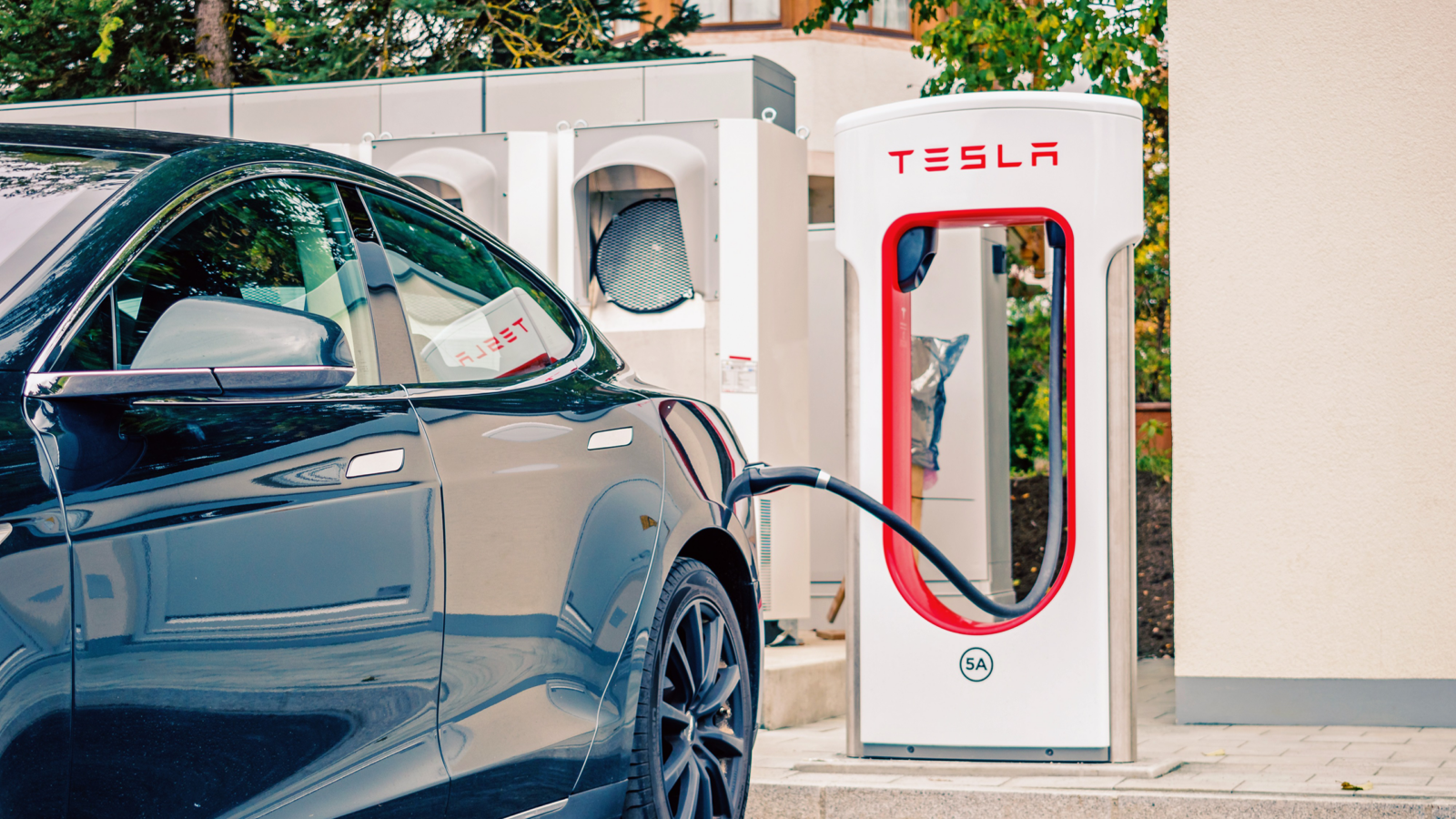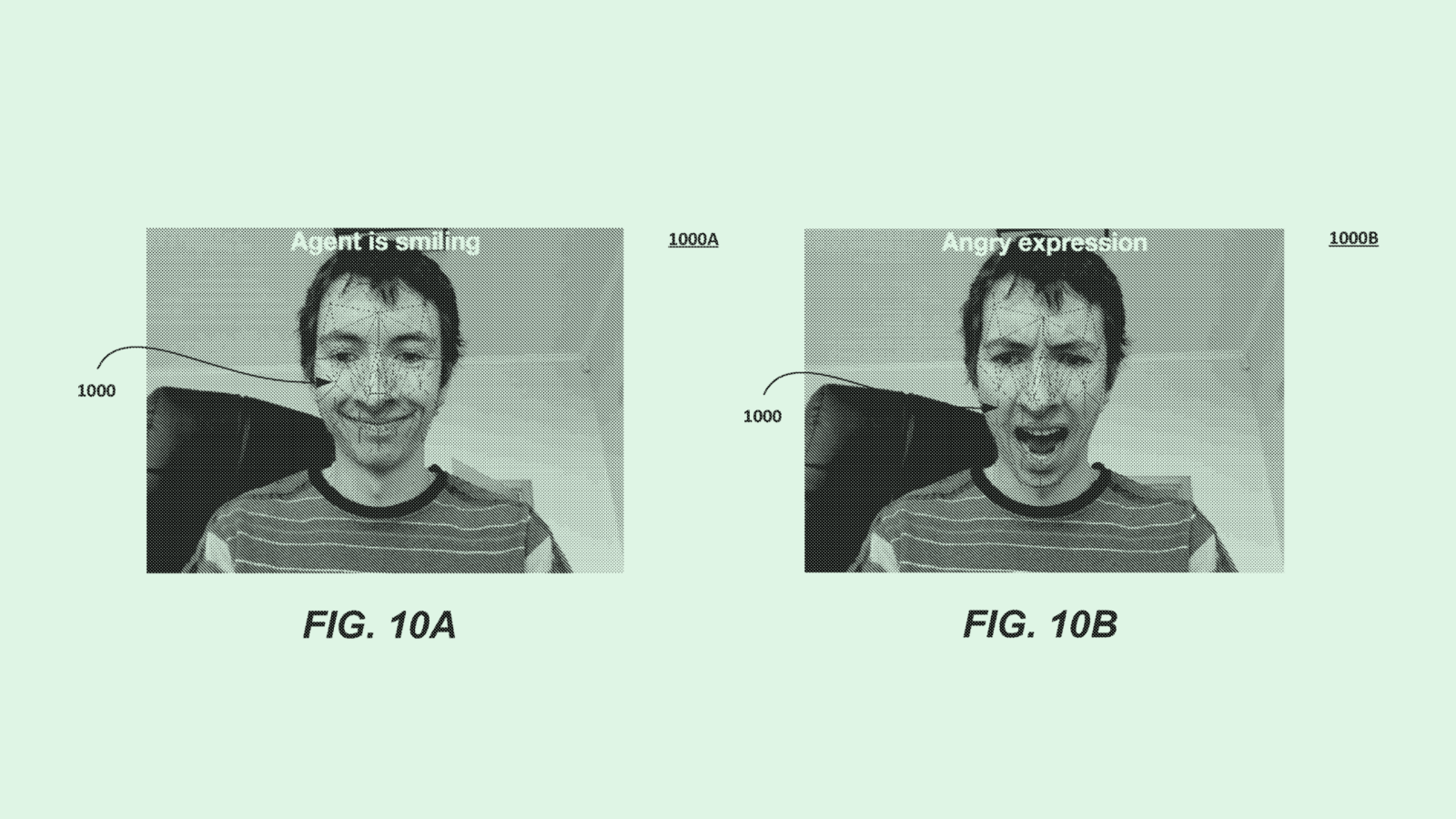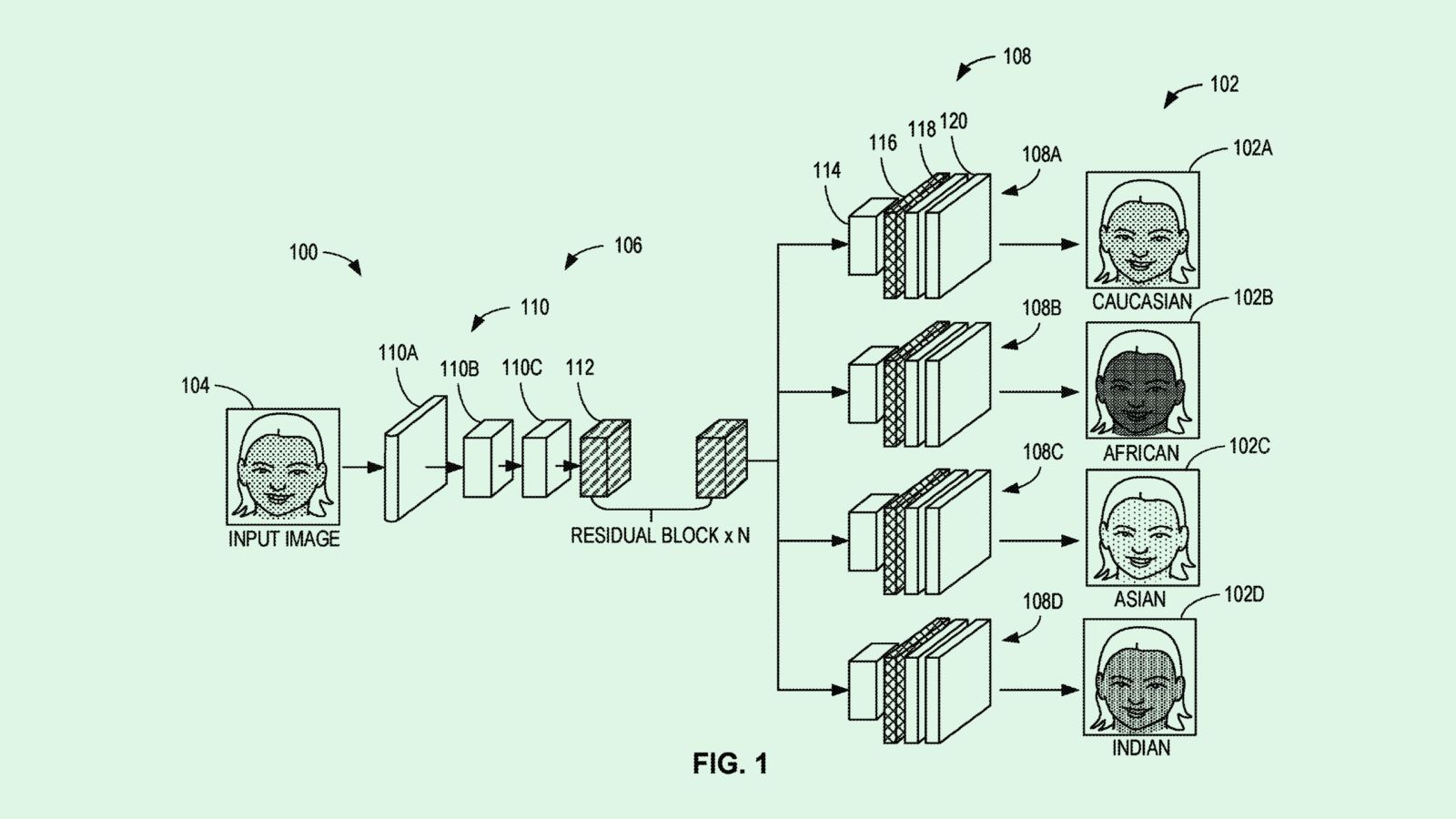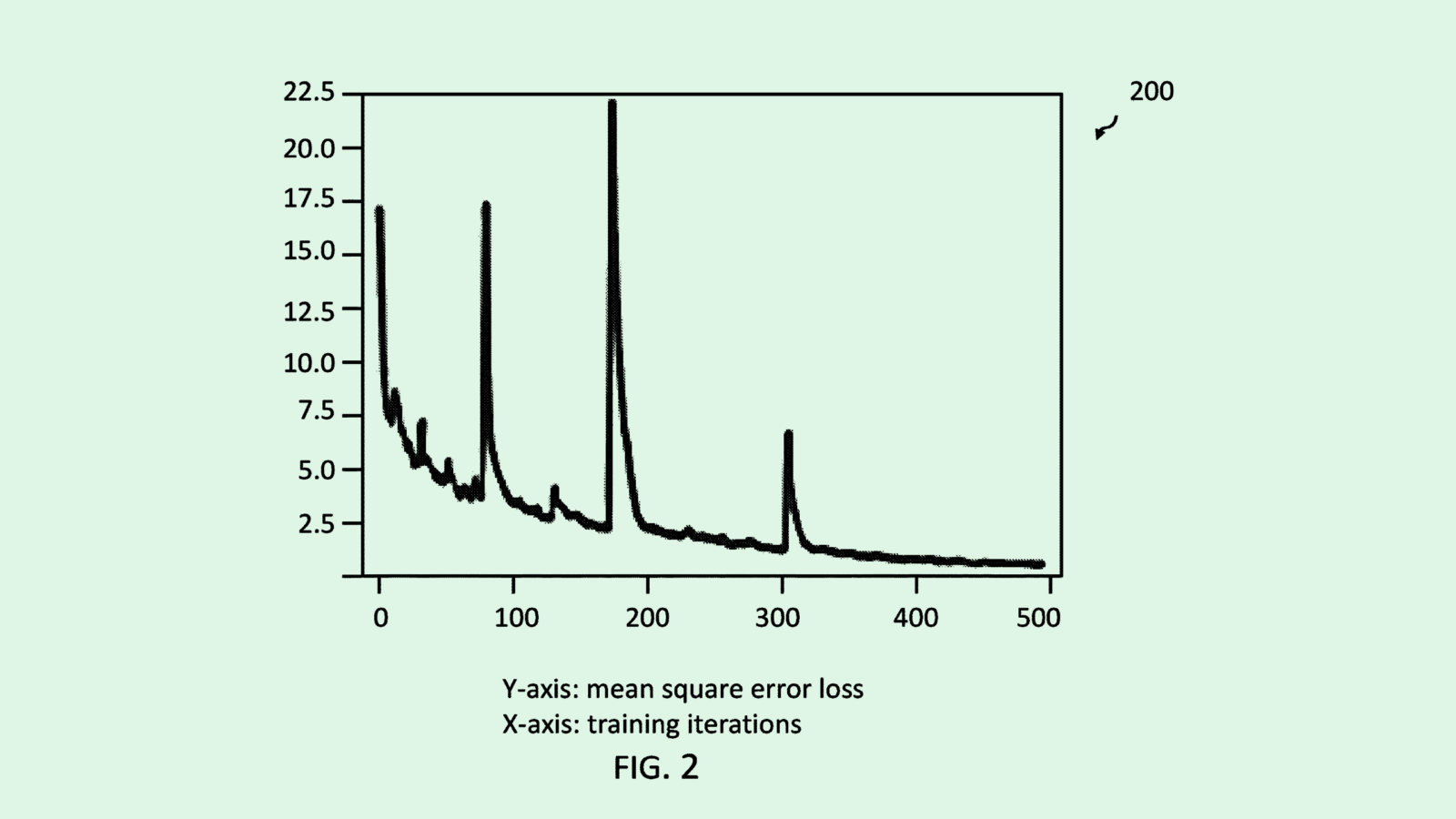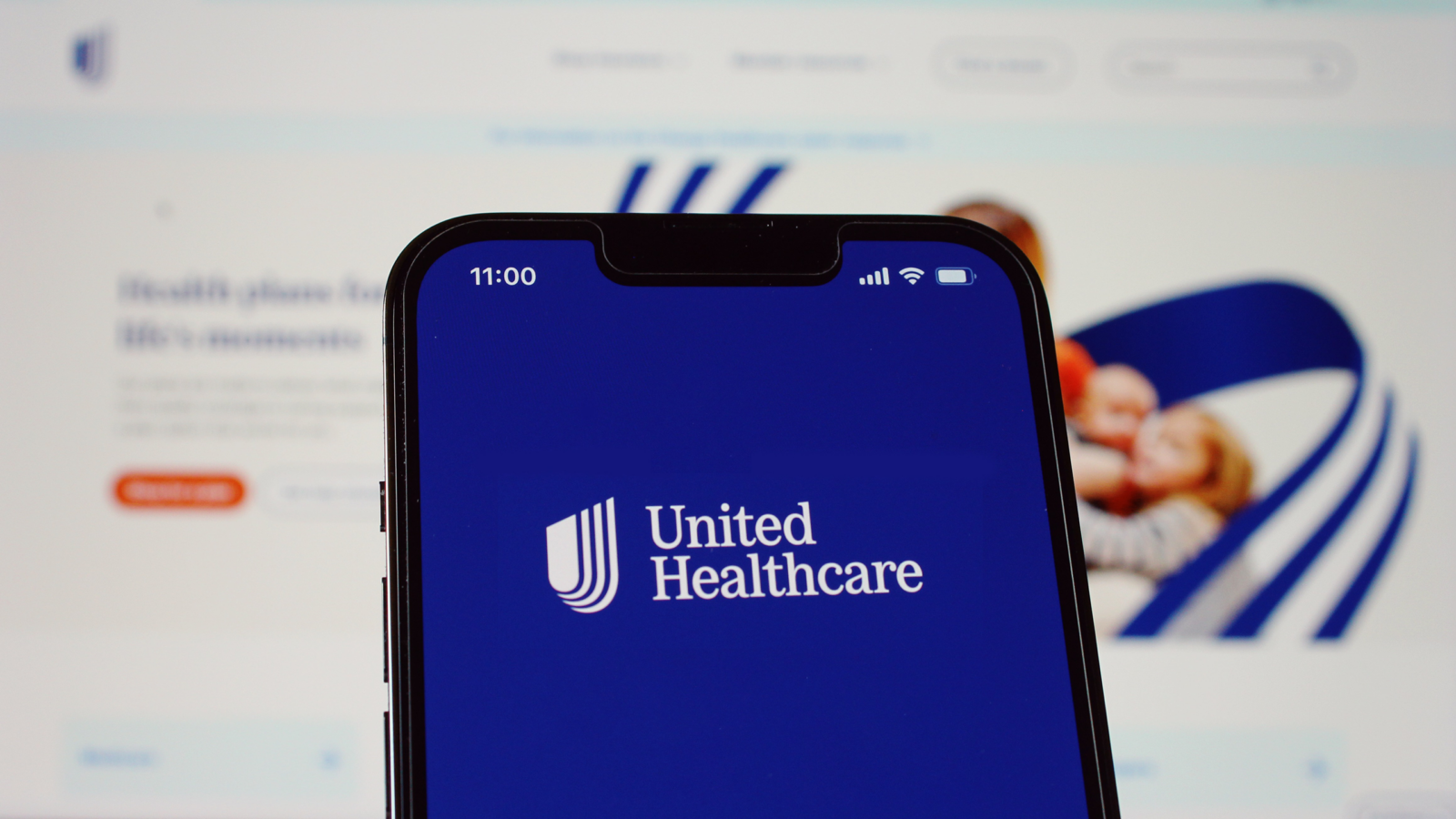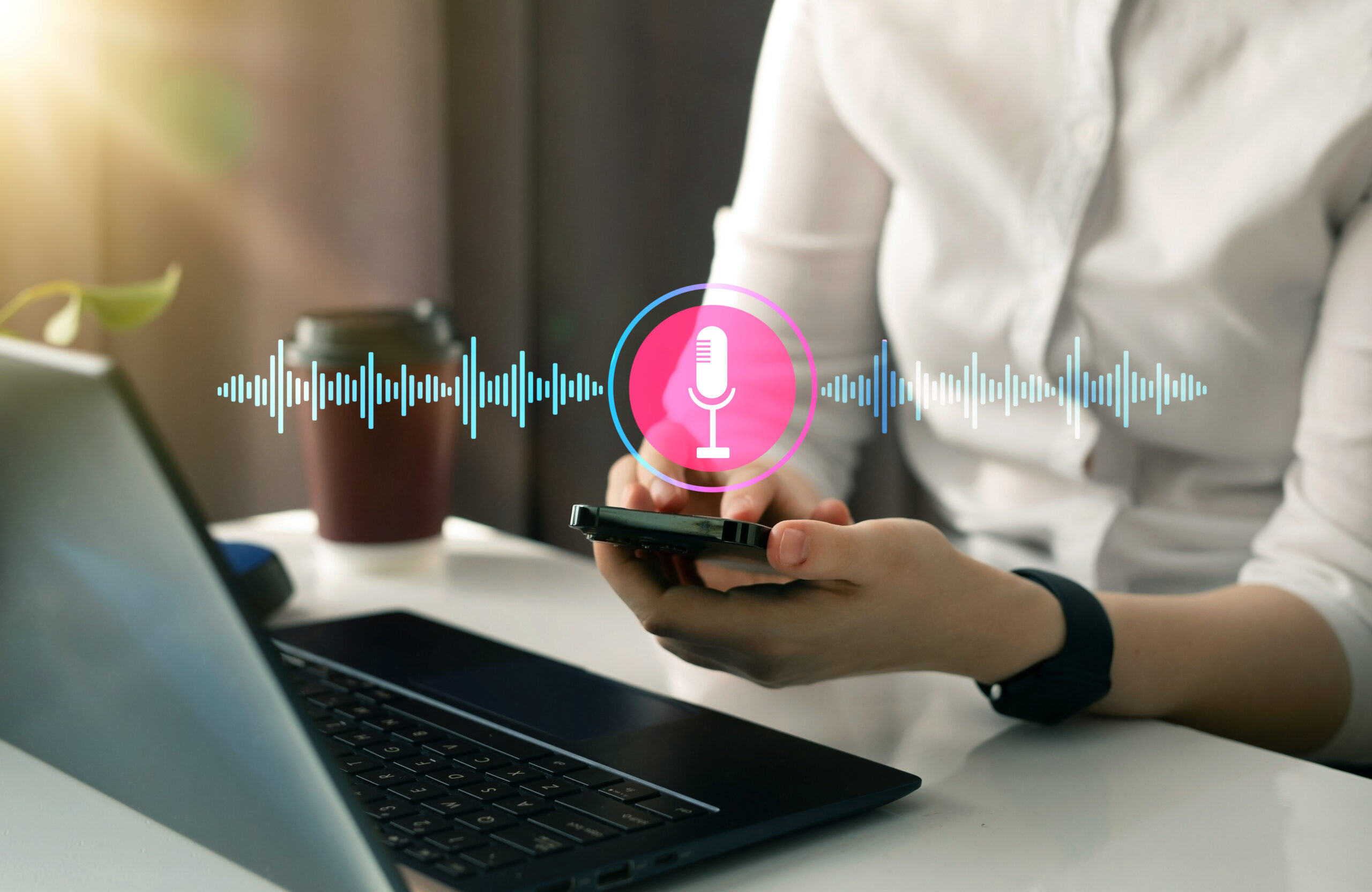
Sign up to uncover the latest in emerging technology.
Watch your language, please, because PayPal may be listening a little more closely next time you yell at its customer service robots.
The company is seeking to patent a method for user enrollment in “voice biometric authentication.” Here’s how it works: If a user calls into PayPal’s customer service line and talks with (or yelps at) the “interactive voice response” instead of a live agent, this system will “non-intrusively collect voice data for a user” through high quality recordings of a users’ conversations.
After the call is completed, a user will receive an email, text or push notification from PayPal asking if they’d like to set up voice authentication with the “voiceprint” that was collected.
If the user opts in, then the recording is turned into their voiceprint. If they opt out, the enhanced-quality recording is either deleted or kept by PayPal (the company noted that the recordings would be stored along with the ones routinely recorded for training in customer call center scenarios).
PayPal said this voice authentication is then used as a form of identification the next time a user calls into a customer service center. The company claims this tech will save time and money by eliminating “any manual efforts in enrolling the user,” as well as circumvent the security blind spots of transitional passwords, phone authentication or security questions, which are “susceptible to exploitation” by bad actors.
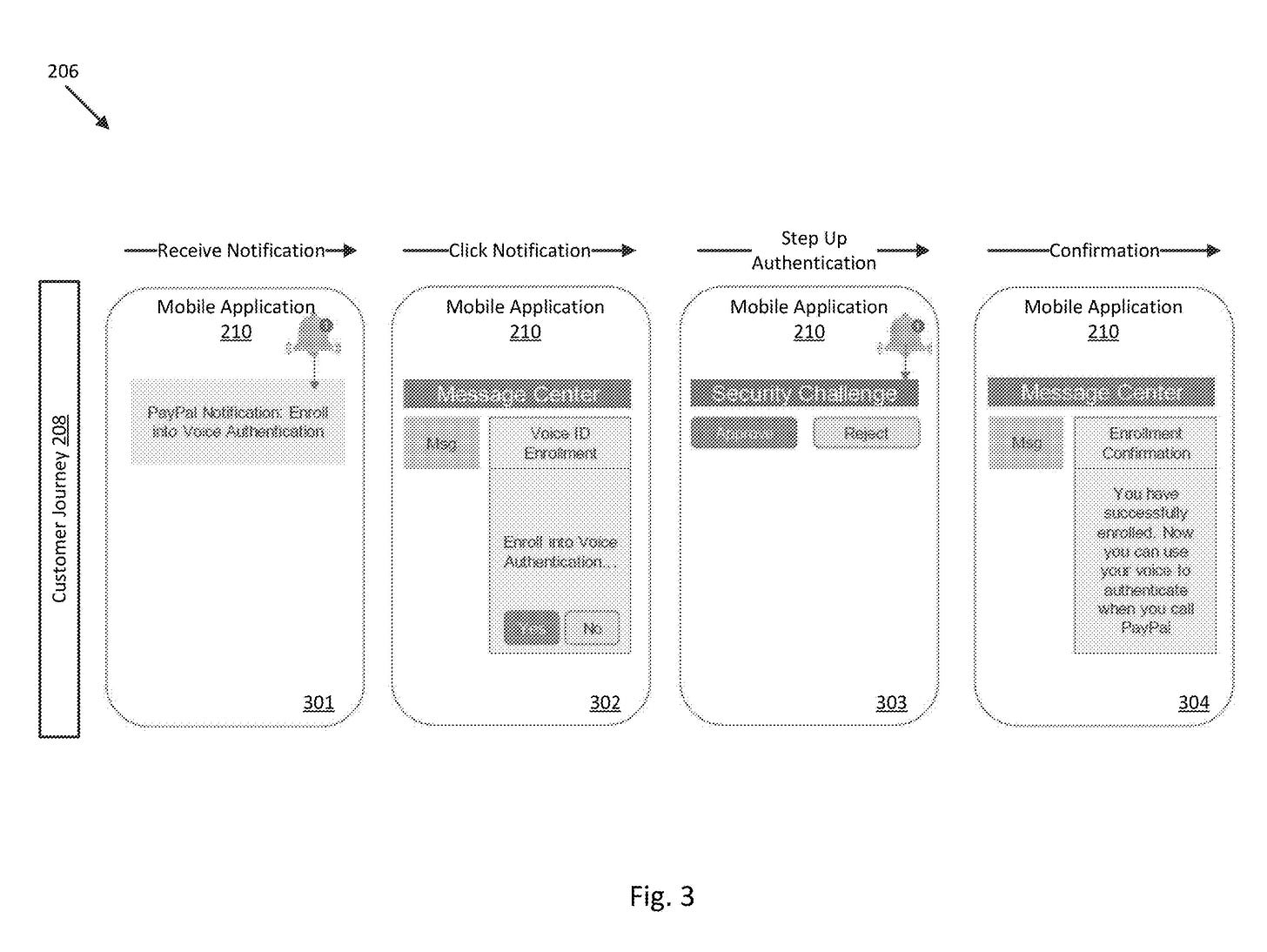
There’s a lot to unpack here. First of all, while the filing said PayPal’s voice authentication method would be used for identification in customer service calls, it also noted that the use cases for it aren’t limited. This kind of authentication may at some point show up as a regular part of logging into your account, just like a password or a facial scan.
This isn’t the first time we’ve seen PayPal take an interest in your voice. The company enabled Siri-based payment capabilities back in 2016. But PayPal’s patent seemingly involves far more data collection on the company’s part than a Siri voice payment, calling attention to tech’s never-ending convenience versus privacy conundrum.
This system implies that PayPal would collect high-quality recordings of your voice when you call into PayPal’s customer service line. While that alone may make some users wary, most customer service lines, as already noted, record conversations for quality or training reasons (as we are informed by unfailingly chirpy robotic recording at the outset of each excruciatingly long wait for a human to mostly not answer our questions). PayPal, meanwhile, is putting this data to use for user experience.
Plus, a recent PayPal filing shows that it’s interested in keeping its collection of personal unstructured data to a minimum by “masking” sensitive information within files. The filing notes that its plan for voice recordings is to replace personal information with undecipherable noises. Taken together, PayPal may have a means of creating these voiceprints without also holding onto personal user recordings.
As for security itself, biometric authentication is generally safer than using just a password and hoping for the best. Biometrics like facial scanning, gesture matching, and fingerprints are far harder to fake.
But it’s not impossible. The age of AI has birthed voice cloning tools capable of forging anything from Drake songs to ransom calls and bank conversations. If PayPal ever does plan to debut this offering, it needs to have a plan in place for deep fakes.
Have any comments, tips or suggestions? Drop us a line! Email at admin@patentdrop.xyz or shoot us a DM on Twitter @patentdrop. If you want to get Patent Drop in your inbox, click here to subscribe.
